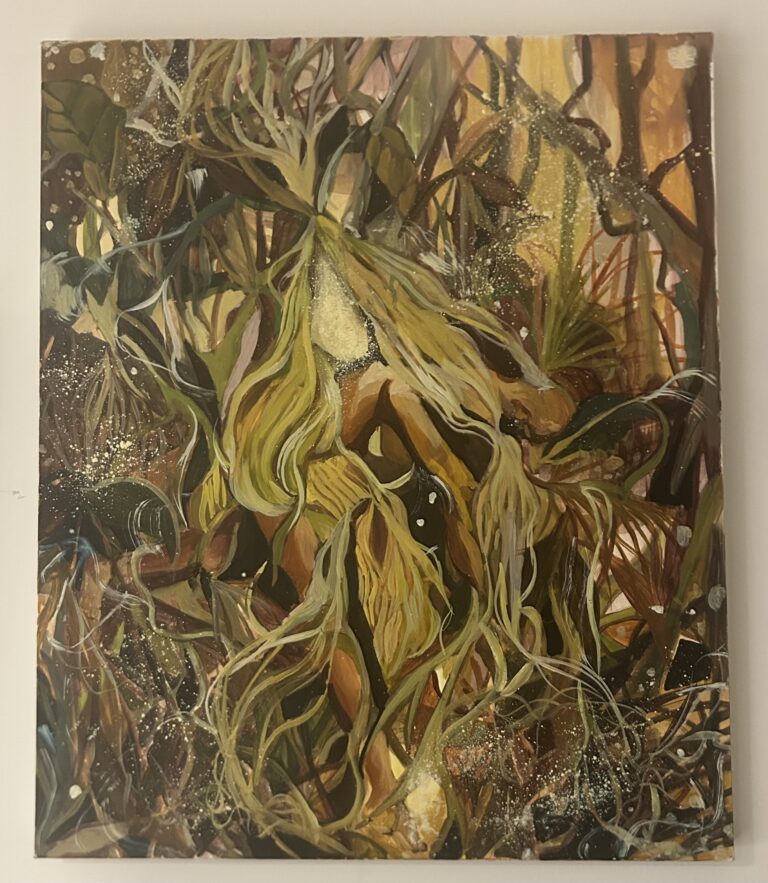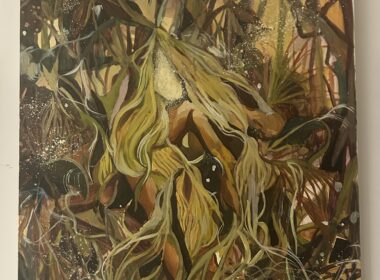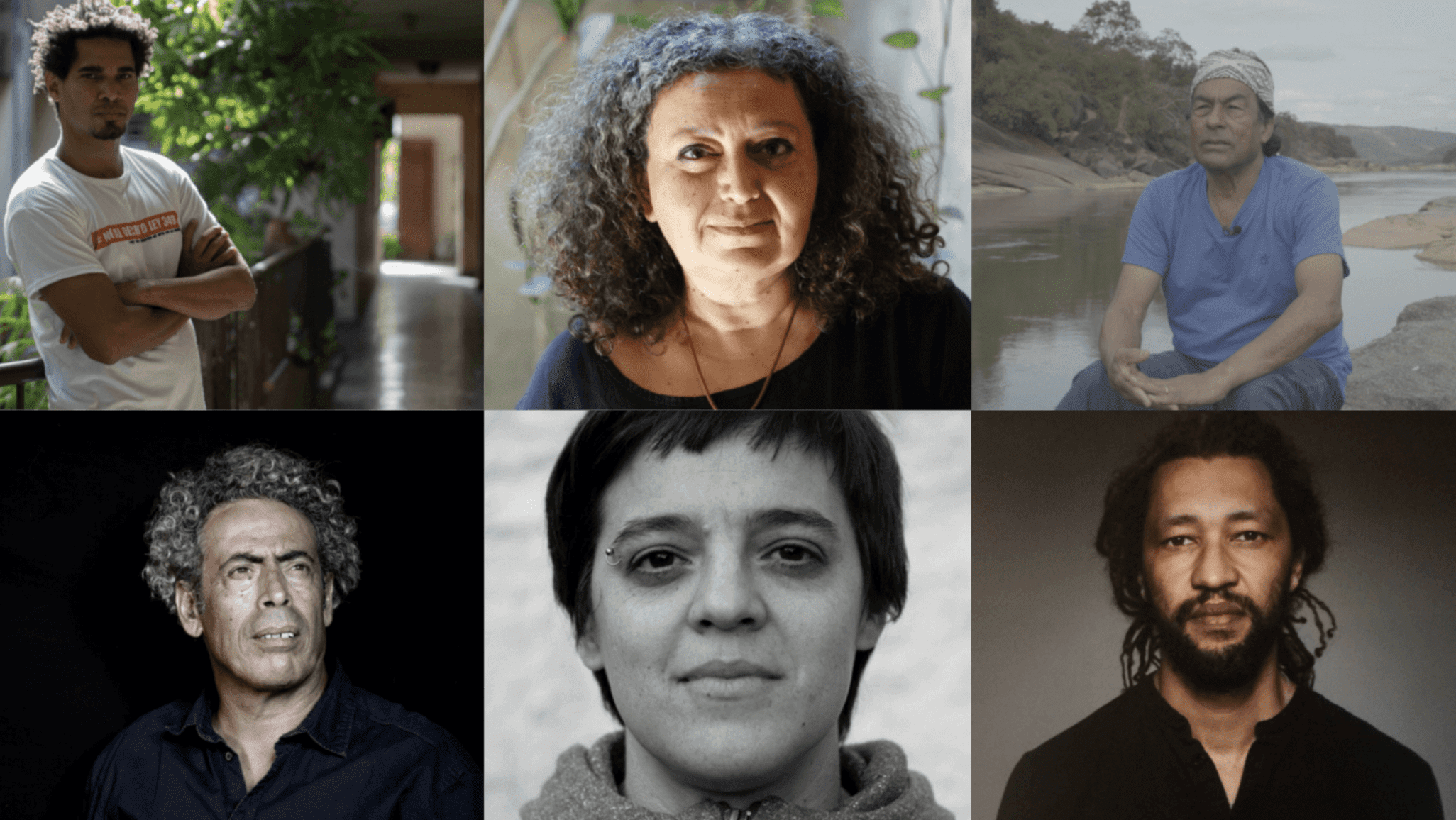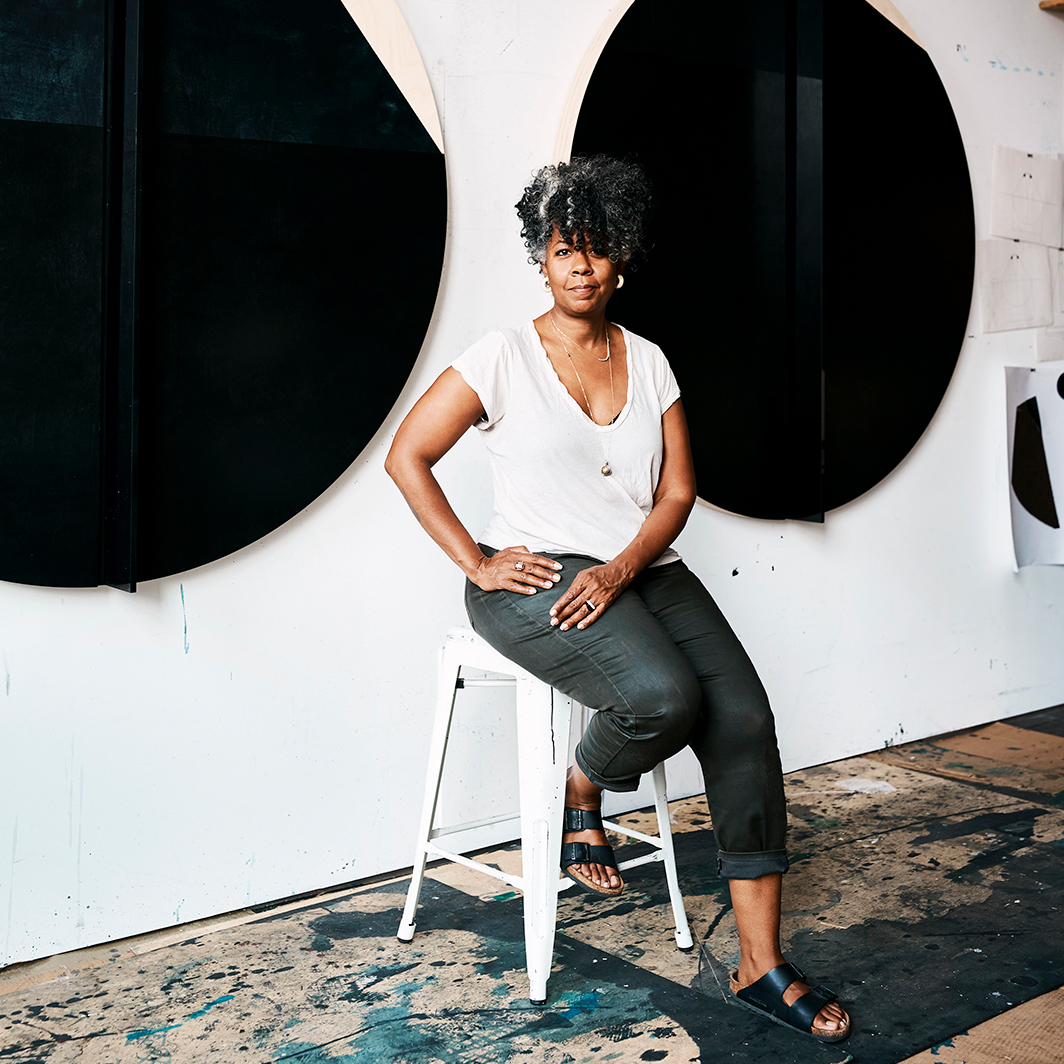As we gradually venture into the bustling season of art and cultural events on the African art scene, it is no surprise that reports this week, and more so in the coming weeks, are filled with news of prizes and awards enlisting established artists, writers and other actors in the African art scene.
Although we begin with news from the contemporary art scene, this week, once again, is brimming with news of recognition from the literary scene. From writers and authors from Nigeria, Zimbabwe, Kenya, and even Namibia, it is exciting to explore new voices in literature from different parts of the African continent in the various longlists and shortlists vying for a final prize. We encourage you to explore the diversity this newsletter offers.
First Recipients of the Prince Claus Impact Award Announced
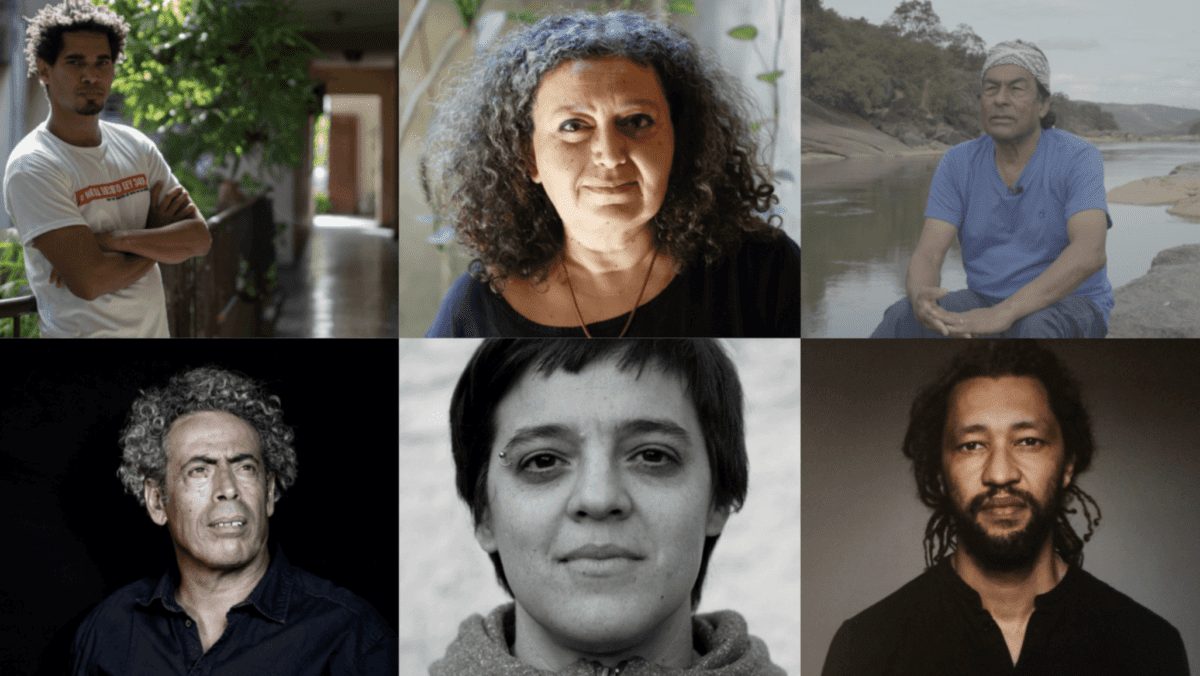
Once every two years, the Prince Claus Fund recognizes six trailblazing artists and cultural practitioners with the Prince Claus Impact Awards. Representing a variety of fields from architecture, poetry and philosophy to visual and performance art, these individuals dedicate their work to addressing political and environmental issues, the nature of identity and human rights in forms that engage and empower their communities.
The recipients of the awards are Ailton Krenak (Brazil), María Medrano (Argentina), Luis Manuel Otero Alcántara (Cuba), May al-Ibrashy (Egypt), Hassan Darsi (Morocco) and Alain Gomis (Senegal).
For this year’s awards, 94 nominations were initially received. Nominations are thoroughly researched, and a final selection is decided by an independent jury. The Prince Claus Impact Awards Jury is an international and independent body of five cultural professionals.
This year’s jury comprises the chair, curator Pablo Leon de la Barra; architect and 2019 Prince Claus Laureate Mariam Kamara; dancer, choreographer, storyteller and 2007 Prince Claus Laureate Faustin Linyekula; multimedia artist and 2010 Prince Claus Laureate Dinh Q. Lê, and curator Maya El Khalil.
Ailton Krenak is an indigenous leader, environmentalist, philosopher, poet and writer from Brazil. Considered one of the great leaders of the Brazilian indigenous movement, he is an honorary professor at the Federal University of Juiz de Fora (UFJF).
May al-Ibrashy is an Egyptian architect whose work centers on community engagement through heritage conservation, rehabilitation, preservation and re-signification. She is the founder of the Megawra – Built Environment Collective (BEC), a twinship between an architectural firm and an NGO that engages with the built environment with a focus on theory, praxis, arts, and linking cultural heritage to sustainability and social responsibility.
María Medrano is an Argentinian writer, poet and editor. In addition to their artistic and poetic practice, Medrano is a prison abolition activist and co-founder of YoNoFui, a non-profit trans-feminist organization that works with formerly incarcerated women and individuals from the LGTBQIA+ community in arts and crafts projects.
Luis Manuel Otero Alcántara is a Cuban artist and human rights defender whose performances are critical of the conditions many Cubans face. Alcántara leads the San Isidro Collective—an artists’ collective that promotes freedom of expression and cultural rights. He is a co-founder of The Museum of Dissidence, a website and public art project reclaiming and celebrating dissent.
Hassan Darsi is a visual artist from Casablanca whose work promotes critical thinking about public spaces and citizenship in a city rife with economic inequality, and in a country with limited freedom of expression. Darsi developed a practice centered on gilding and public spaces.
Alain Gomis is a Senegalese French film director and screenwriter whose work explores identity, the differences and bonds that define the relationship between Francophone Africa and its diaspora. Founder of the Yennenga Center dedicated to cinema, Gomis plays an important role in promoting film and fostering local talent in Senegal and Africa. Through his work, he addresses the complexities of identity, foreignness and agency, drawn from his personal experiences dealing with dual nationality and the search for belonging.
The Kendeka Short Story Prize Announces Writers on 2022 Longlist
From four countries across Africa, 10 emerging writers have been enlisted on the longlist for the 2022 Kendeka Short Story Prize, with Nigeria occupying seven out of the 10 slots. Kenya, Zambia and Zimbabwe are represented with one each.
Currently in its second year, the Kendeka Prize for Literature, founded by Kenyan writer Andrew Maina, grants annual awards to the best unpublished short story, either fiction or creative nonfiction. The prizes include a cash award of Kshs 100,000 (U.S. $831) for the overall winner, and Kshs 50,000 (U.S. $415) and 25,000 (U.S. $208), respectively, for the first and second runners-up.
The 2022 judging panel, chaired by Dr. Siphiwo Mahala from South Africa, includes the Ghanaian novelist Bisi Adjapon and Kenyan author Faith Oneya. The judges reportedly decided on the list after a rigorous selection process from dozens of submissions from over 21 African nations.
See the longlist below:
- Chained by Scholastica Moraa, Kenya
- Star Boy by Adaoro Raji, Nigeria
- Isithunzi by Beverley Ann Abrahams, Zimbabwe
- The Weight of Grief by Ewa Gerald Onyebuchi, Nigeria
- Ashes on Platters of Gold by Ola W. Halim, Nigeria
- Bittersweet, Like Lemonade by Chiemeziem Everest Udochukwu, Nigeria
- Anchor for the Baby by Ibrahim Mustapha Enesi, Nigeria
- Until Mushrooms Sprout by Joe Nyirenda, Zambia
- The Judgement by Agomuo Juliana Chinaza, Nigeria
- Luckiest Bastards by Uchechi Princewill Akachi, Nigeria
A shortlist of five stories will be announced on Sept. 15, 2022, while the top three winners will be announced during the award ceremony on Sept. 24, 2022 at Fourteen Falls Leisure Lodge, Thika, Kenya.
Zimbabwean Noviolet Bulawayo’s Novel Glory Shortlisted for 2022 Booker Prize
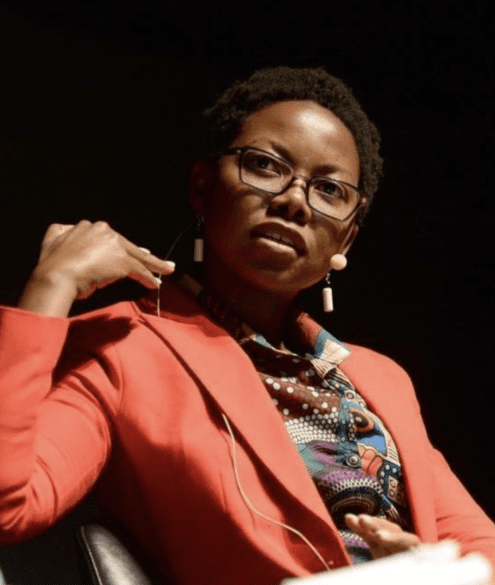
Zimbabwean author NoViolet Bulawayo’s second novel, Glory is one of six novels on the 2022 Booker Prize for Fiction shortlist.
Although the shortlist is diverse in terms of nationality and gender, Bulawayo is the only Black woman on the list. For the second time in her career, Bulawayo has been both longlisted and shortlisted for the Booker Prize. Her debut novel, We Need New Names, was longlisted for the Booker Prize in 2013, and the novel went on to be shortlisted for the prize but did not secure a win. Bulawayo is the first Black African woman to appear on the Booker list twice, and one of the few African writers to be listed consecutively.
Inspired by the events of Zimbabwe’s political unrest after the fall of Robert Mugabe, Glory narrates the story of the former president’s regime and downfall using animal characters to soften the frame of human politics. Styled as a political allegory, the novel draws on George Orwell’s Animal Farm and African fables to depict the nuanced relationship between the citizen and the nation.
The chair of the Booker Prize 2022 judges, Neil MacGregor, remarked that all six shortlisted novels use language to create a world that readers then can inhabit. He claimed, “Bulawayo’s incantatory repetitions induct us all into a Zimbabwean community of memory and expectation.”
The Booker Prize is an annual award presented to a single work of fiction in English published in the U.K. The winning author receives a cash prize of £50,000 (U.S. $58,000) and global recognition. African writers have been quite successful in securing the prize in the past few years—Damon Galgut won in 2021 and Bernardine Evaristo in 2019.
The six shortlisted books chosen this year are all incredibly different from each other, set in different places and at different times. Besides Bulawayo, the other authors who made it to the shortlist are Percival Everett for The Trees, Shehan Karunatilaka for The Seven Moons of Maali Almeidai, Claire Keegan for Small Things Like These, Alan Garner for Treacle Walker, and Elizabeth Strout for Oh William!
The winner will be announced on Oct. 17, 2022 at the Roundhouse in London.
Wole Soyinka Joins NYU Abu Dhabi Faculty as Arts Professor of Theater
Nigerian Nobel laureate Wole Soyinka has joined the faculty at New York University, Abu Dhabi as an arts professor of theater.
NYUAD is a portal campus of New York University. It began its academic program in 2010 and has since witnessed steady growth. Soyinka’s appointment is part of the university’s strategy to build its strength in the arts and reposition its direction toward setting itself apart as a world-class educational institution.
Soyinka joins an already impressive faculty that includes Ghanaian professor Kwame Anthony Appiah, also a friend of Soyinka’s.
NYUAD Vice Chancellor Mariët Westermann celebrated the good news, saying,
“It is a great honor to have Wole Soyinka, a world-renowned artist, academic and activist, a true citizen of the world and a Nobel laureate join our NYUAD community. Our location in Abu Dhabi, a transnational crossroads for the exchange of cultural and artistic traditions, positions NYUAD uniquely to catalyze new creativity and discourse. We are excited to provide a home in the UAE for the beauty and power of Soyinka’s contributions to our understanding of our histories and our humanity.”
Soyinka studied English literature, Greek and Western history at the University College, Ibadan, later transferring to the University of Leeds, where he graduated with a Bachelor of Arts in English literature in 1957. His extensive body of work includes three novels, many plays and works of poetry. He was awarded the 1986 Nobel Prize in Literature, becoming the first, and until recently, only Black African to do so. He has held university professorships and lectured at many higher education institutions, including Harvard, Emory, Loyola Marymount and Yale.
Rémy Ngamije Wins Museum of African Diaspora African Literary Award 2022
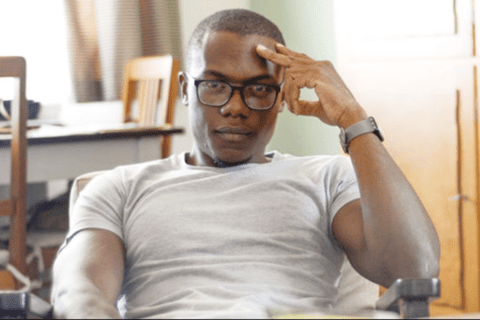
Rémy Ngamije has won the inaugural edition of the Museum of African Diaspora African Literary Awards, announced on Sept. 8, 2022.
The Museum of the African Diaspora is a contemporary art museum in San Francisco, one of only a few museums of its kind in the U.S. It holds exhibitions and presents artists exclusively from the African diaspora.
The museum has unveiled its new African Literary Awards “in recognition of an author who has produced a work of literary excellence and taken a leadership role in promoting writing and literacy in their local community.”
It is judged by a panel of African Book Club Co-Founder Faith Adiele; Director of Public Programs Elizabeth Gessel; and Senior Public Programs Manager Nia McAllister.
Rémy Ngamije responded on Twitter saying, “What a special delight to be the inaugural winner of the Museum of the African Diaspora’s African Literary Award for The Eternal Audience of One and my work with @doeklitmag and @doek_africa! Thank you @MoADsf for this honor!”
Rose Okeke Wins 2022 James Curry Prize for African Literature
Rose Okeke is the winner of the James Currey Prize for African Literature 2022 at Oxford University. The James Currey Prize for African Literature is an annual award for the best-unpublished work of fiction written in English by any writer, set in Africa or on Africans in Africa or the diaspora. It was established in 2020 in honor of James Currey, a publisher of academic books on Africa. The first winner of the prize was Ani Kayode Somtochukwu in 2021.
The jury for 2022 was chaired by Ever Obi alongside Indian author and scholar Dr. Suraj Yengde, Teri Sillo (United Kingdom), Thomas Dukelabik Amanquandor (Ghana), Peace Anyiam-Osigwe (Nigeria), Olukorede S Yishau (Nigeria), and Charmaine R Mujeri (Zimbabwe).
The longlist for the award was announced on June 1 before the shortlist was revealed on July 1. The winner was revealed at the three-day James Currey Literary Festival at the University of Oxford. Some of its guests were James Currey, Margaret Busby, Efe Paul-Azino, Stephen Embleton, Akachi Adimora-Ezeigbo, Ever Obi, Ikenna Okeh, Kadija Sesay, Onyeka Nwelue, Okwiri Oduor, Jahman Anikulapo, Shola Adenekan, Peace Anyiam-Osigwe, Obinna Odenigbo and Ayodele Arigbabu.
The festival was supported by British Council, British Airways, Daniel Ford International, Bodleian Libraries, African Studies Centre, University of Oxford, Pitanga, Heat African, OneWorld Publications, Abibiman Publishing, Hattus Books, FTWeekend Oxford Literary Festival, La Cave Musik, Punch, World Arts Agency, Y!Naija, Open Country Magazine, Sally Dunsmore, BellaNaija, NaijaTimes, ThisIsLagos, and James Murua Literary.
Speaking about the winning story, Ever Obi, the chair of the jury, said, “Rose Okeke’s Child of the Corn tells the story of Africa beautifully in terms of the fetish inclination and beliefs. It is also interesting to see the tension in the relationship between Simi and her mother expressed clearly through the narrative, a beautiful reimagination of history.”
Okeke will receive a cash prize of £1,000 (U.S. $1,160) for her story.
Compiled by Roli O’tsemaye
